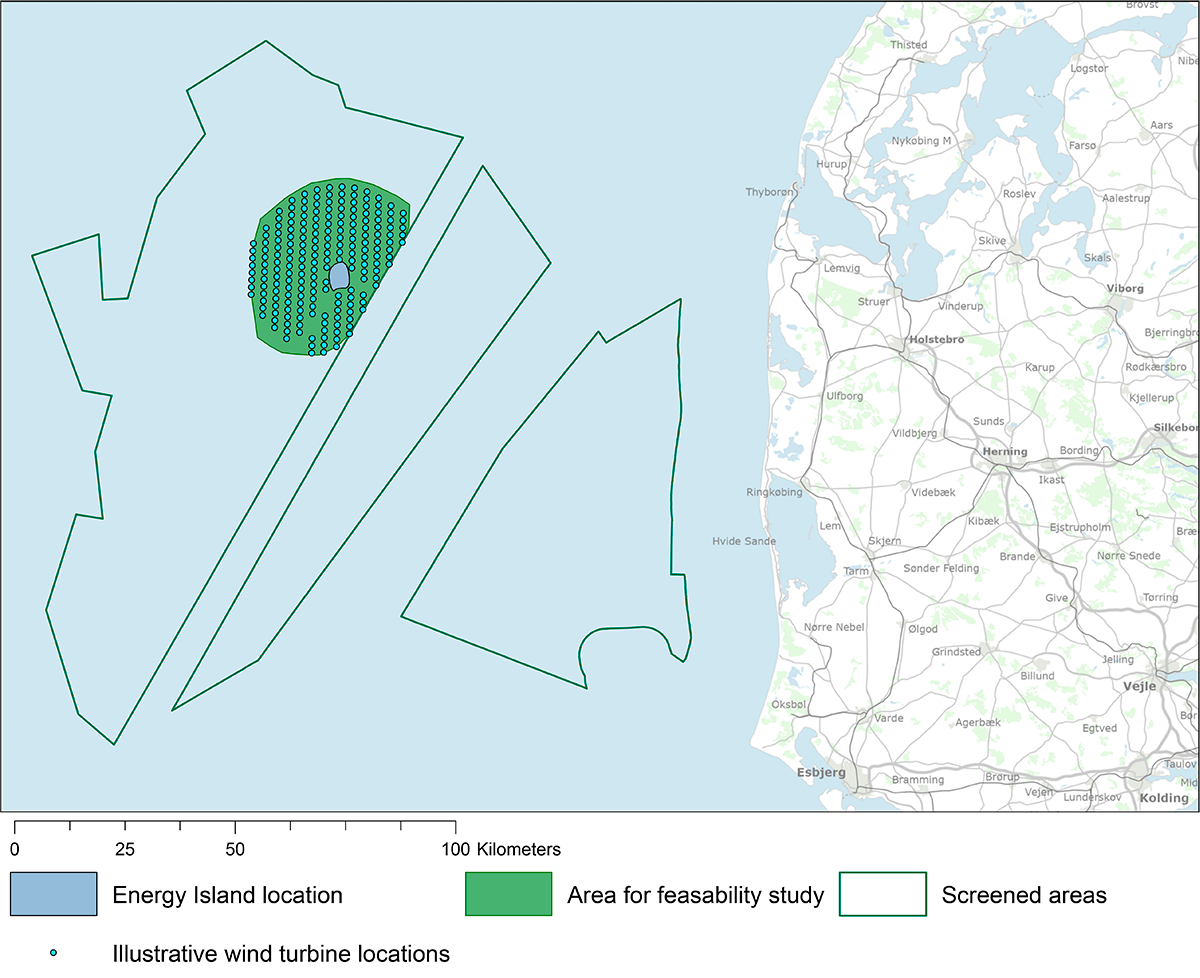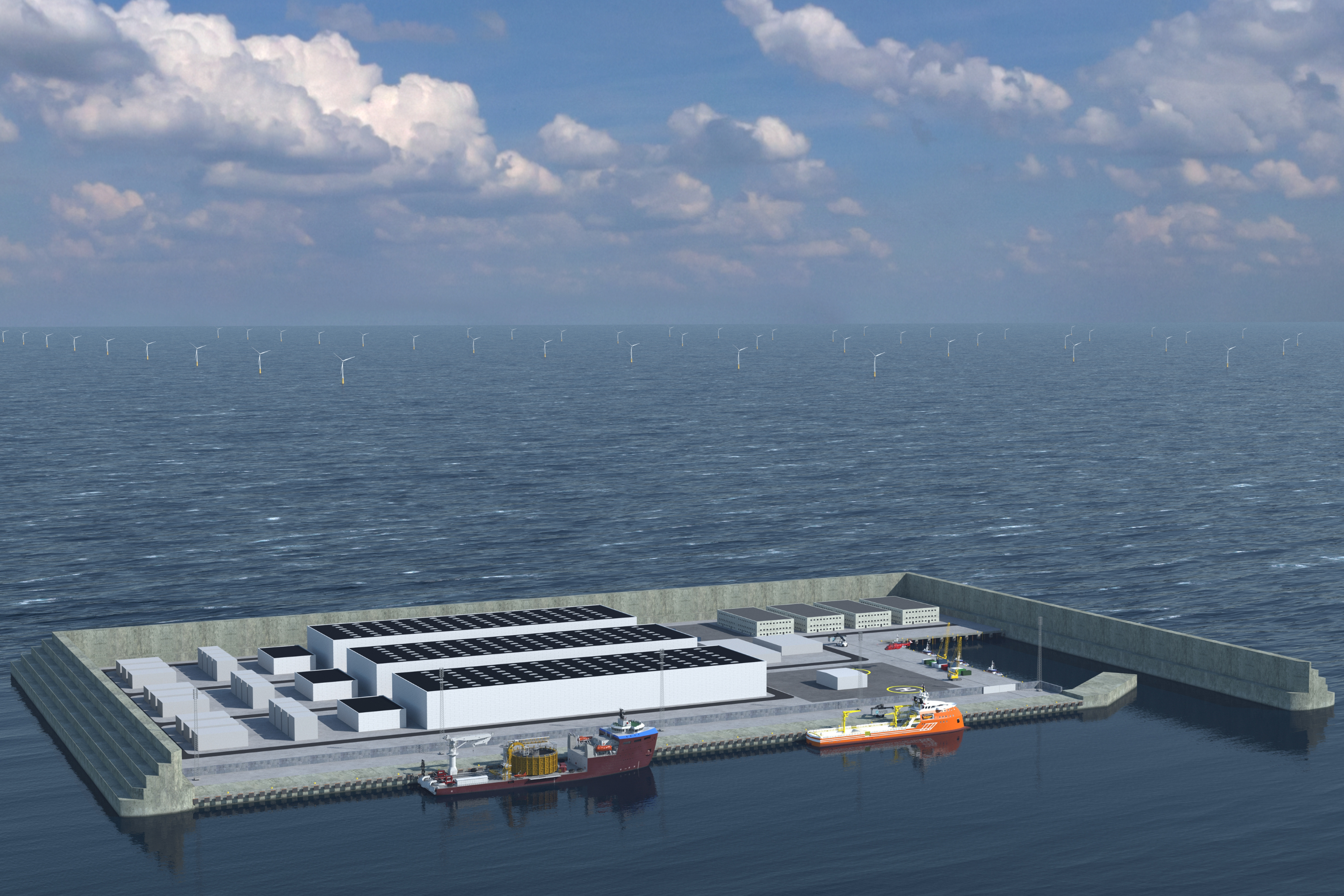Denmark’s ambitious $30 billion “energy island” project in the North Sea has hit a bump in the construction road, with delays pushing the completion target back at least three years to 2036.
Initially slated to completed in 2033, the project was touted as the world’s first artificial island dedicated to harvesting and distributing offshore wind energy. Delays have been caused by increased cost and complexity, which is in part down to global economic conditions.
A cornerstone of Denmark’s strategy to meet its climate goals by expanding its offshore wind capacity, the energy island will initially host 3 gigawatts of wind turbines, with potential long-term expansion to 10 GW, making it a critical hub for renewable energy in Europe.
Danish Energy Agency
Denmark became a wind energy leader by investing early in renewable energy after the global oil crisis in the 1970s, supporting innovation through government policies, and fostering industry giants like Vestas. It pioneered offshore wind farms, prioritized sustainability, and set ambitious renewable energy targets, leading to global recognition in wind power.
The energy island project has been described as the beginning of a “new era” by the Danish Energy Agency and is aimed at creating a green energy supply for both Danish and foreign electricity grids, and reinforcing the region’s energy security.
According to Reuters, which cited Lars Aagaard, the Danish Minister of Climate and Energy, the project investment exceeds 200 billion Danish crowns, which is nearly $30 billion. It will require 50 billion crowns (roughly $7.5 billion) in government funding.
Newsweek has reached out to Aagaard via email for comment.

Danish Energy Agency.
The project was initially planned to be a Danish-Belgian endeavor, but this has fallen through. Reuters reported that it was no longer viable due to increases in raw materials prices and interest rates. Although, it could be redesigned to include power cables linked to Germany.
“The prerequisite was that it could be established without subsidies and that there would be a positive gain for both Belgium and Denmark, and reality has developed in such a way that we can no longer see such a case,” Aagaard told Reuters.
He said that he hoped Germany would participate in the financing of the project.
Newsweek has reached out to Germany’s Federal Ministry for Economic Affairs and Climate Action for comment on the speculation over the country’s financial involvement.
A previous delay was announced last year, with Reuters reporting at the time that the government were considering alternative options in order to cut costs.
Do you have a story Newsweek should be covering? Do you have any questions about this story? Contact LiveNews@newsweek.com.
